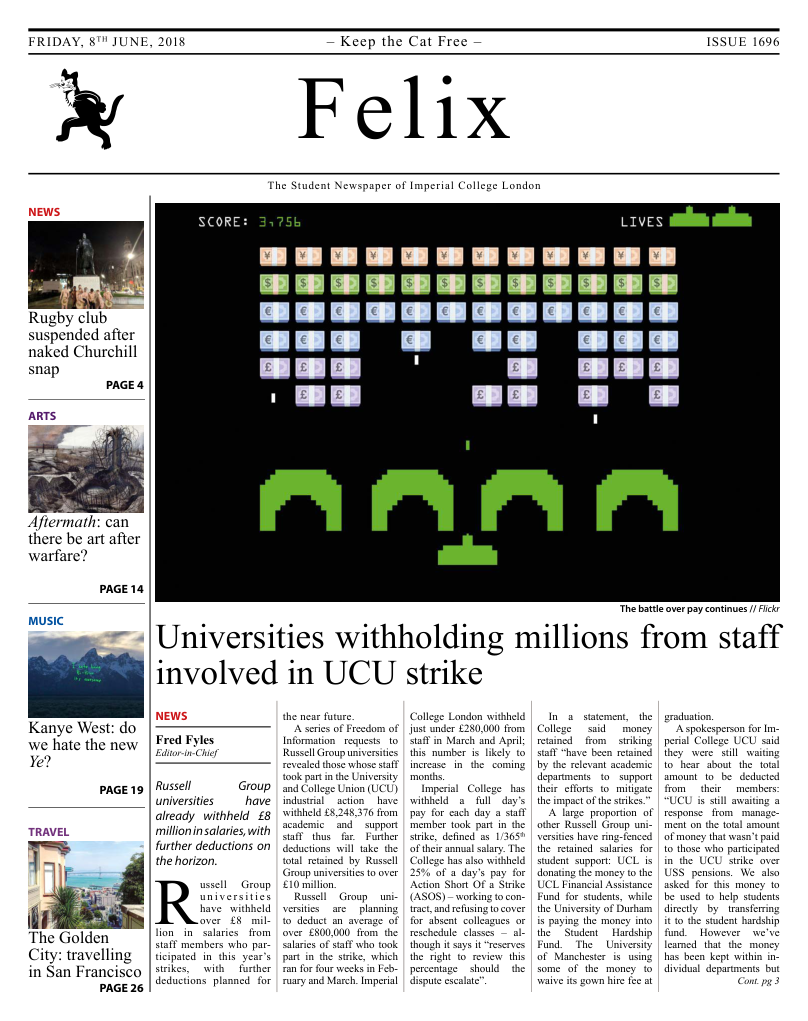Bringing in a new era of healthcare data
The data revolution is making massive changes in the healthcare industry.

GDPR is in full effect, and technology companies are sweating to work out the appropriate strategy to comply with new regulations governing digital data. However, amidst this data frenzy around our web footprint, a new conversation around a different kind of data is taking place: healthcare data! Big data, AI, and analytics have made a buzz in all business sectors today. Their rising importance has also captivated leaders in medical technology.
Medical science was once the science of observation. Today, it is the science of data. More and more healthcare facilities are focused on collecting large sets of data from their patients using a myriad of measurements, including genetic sequencing, whole body imaging, and metabolomics, to name a few. This makes it possible to understand a patient’s test results in the context of the whole body, as well as observe and understand its progression over time, leading led improvements in both prognosis and diagnosis of many diseases.
The idea of systems medicine (personalised medicine) dates back to the days of the human genome project in the early ‘90s, where it was well understood that many diseases have a genetic basis. If we could read the entire genome of a person, then we can identify the genetic peculiarities in them, and understand the causes of the disease.
Today, it is well accepted that genome alone is not the complete repository of everything which happens in the body. There has been rapid improvements in technologies which can quickly measure complementary properties like proteome, transcriptome, and metabolome alongside digitisation of medical records. These changes are driving a new era in the digitised footprint of medical records. These technologies are currently still very expensive, though some of them are more widely used than others. The most prominent example of such a technology is Magnetic Resonance Imaging, a technique which can be used to measure metabolome.
However, the cost of these devices is quickly reducing. The first human genome cost ~ $3 billion to sequence, but now the industry cost of sequencing is down to $1000. Though the cost of genetic testing is still beyond the regular means of an average earning person, celebrities like Angelina Jolie have benefited from systems medicine by undergoing genetic testing for susceptibility to breast cancer and subsequent preventive surgery.
Precision medicine has become the talk of the town in healthcare with every pharmaceutical giant investing heavily in it. The rise in data has brought the need for software, web pipelines, and databases to store the data, as well as new algorithmic based methods to analyse them. Google, Microsoft, and Apple have all started investing heavily in healthcare. Google, under its parent company, has developed a separate division named Verily, specialising in the medical sector. Microsoft, with its ‘Microsoft in Health’ initiative, is partnering with healthcare experts to provide robust digital infrastructure for their data storage, transmission, and analysis. Apple, their longtime competitor, is also providing similar services in the healthcare sector. This paradigm shift with the use of digital technology is making the medicine sector more accessible to patients. In an interview with Mckinsey, Dr. Eric Schadt, the founding director of the Icahn Institute for Genomics and Multiscale Biology, explained big data will play the leading role in providing personalised or precise medical solutions tailored to each patient. This will be a new era of medicine!







